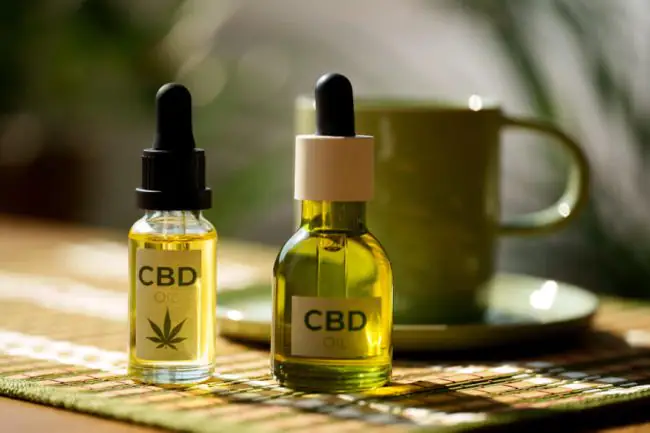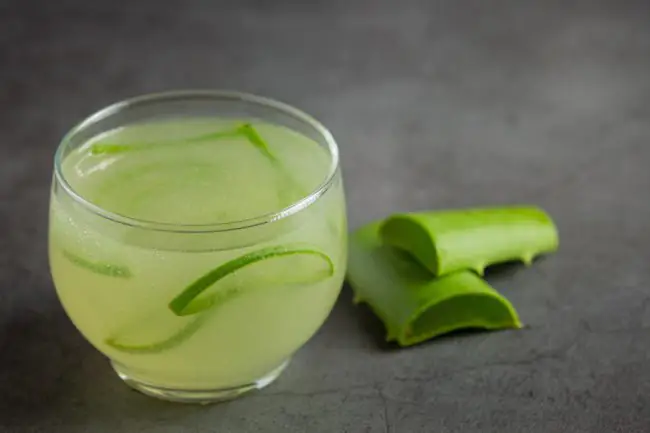Suffering from GERD (gastroesophageal reflux disease) can be a frustrating and painful experience, but you don’t have to rely on medication alone for relief. GERD occurs when stomach acid flows back into the esophagus, causing discomfort such as heartburn, regurgitation, and sometimes a sour taste in the mouth.
Fortunately, there are several natural methods to help reduce symptoms and promote digestive health. Below are eleven effective ways to manage GERD naturally and safely. Whether it’s through diet, lifestyle changes, or holistic remedies, these tips will help you live more comfortably while improving your overall health.
Dietary Modifications: Eat to Heal
The foods you eat play an important role in managing GERD symptoms. Certain foods can trigger acid reflux and worsen GERD, while others can soothe your stomach.
- Identify and avoid trigger foods: Common triggers include spicy dishes, citrus fruits, tomato-based sauces, chocolate, and fried foods. Everyone’s body reacts differently, so keep a food diary to track which foods irritate your symptoms.
- Eat smaller, more frequent meals: Instead of having three large meals, try spreading out your food intake into five to six smaller meals throughout the day. This helps reduce the pressure on your stomach and prevents acid reflux.
- Go for low-acidic food options: Alkaline foods like bananas, melons, oatmeal, and leafy greens are gentle on your stomach and can reduce the occurrence of heartburn. Whole grains, lean proteins, and root vegetables are also great choices.
Lifestyle Adjustments: Small Changes, Big Results
Making small lifestyle changes can have a big impact on how you manage GERD symptoms.
- Maintain a healthy weight: Excess weight can put pressure on your abdomen, pushing stomach acid up into your esophagus. Trying moderate exercise and eating a balanced diet can help shed pounds and reduce GERD symptoms.
- Avoid lying down immediately after eating: Give your stomach time to digest by waiting at least two to three hours before lying down or going to bed. This prevents acid from flowing back into the esophagus.
- Elevate your head while sleeping: Propping up your head and upper body by about 6-8 inches can reduce nighttime symptoms of GERD. A wedge pillow can make this adjustment comfortable and effective.
Herbal Remedies: Nature’s Soothing Agents
Several herbs have been used to naturally manage GERD symptoms, offering a gentle yet effective alternative to over-the-counter medications.
- Include ginger in your diet: Known for its anti-inflammatory properties, ginger can help soothe the digestive tract. Add fresh ginger to your tea or meals to ease nausea and reduce acid reflux.
- Try licorice root supplements: Licorice root has been used for centuries to treat stomach issues, including GERD. Look for DGL (deglycyrrhizinated licorice) supplements, which can help protect the esophageal lining.
- Drink chamomile tea for soothing effects: Chamomile tea not only helps with relaxation but also soothes the stomach lining, reducing inflammation and easing GERD symptoms.
CBD for GERD
While no specific type of CBD is proven to “cure” gastroesophageal reflux disease (GERD), several forms may help reduce its symptoms naturally:
- Full-Spectrum CBD Oil: Contains various cannabinoids for enhanced therapeutic benefits.
- Broad-Spectrum CBD Oil: Similar to full-spectrum but without THC; may help reduce inflammation.
- CBD Isolate: Pure CBD with no other cannabinoids; suitable for those avoiding THC.
- CBD Gummies/Capsules: Suitable for controlled dosing; may help with inflammation and anxiety.
- Topical CBD: Helps relieve muscle tension and stress, indirectly supporting digestive health.
Always consult a healthcare professional before using CBD for GERD.
Stress Management: Calm Your Mind, Calm Your Stomach
Stress and anxiety can worsen GERD by increasing stomach acid production. Try stress-relieving techniques in your daily routine can make a significant difference.
- Practice relaxation techniques like deep breathing and meditation: Taking time each day to practice mindfulness, deep breathing, or guided meditation can help reduce overall stress levels and, in turn, alleviate GERD symptoms.
- Engage in regular physical activity to reduce stress: Exercise, especially low-impact activities like walking, yoga, or swimming, can help lower stress and keep GERD symptoms at bay.
Hydration and Water Intake: The Power of H2O
Proper hydration is key for managing GERD symptoms, but you’ll want to be mindful of what you drink.
- Drink plenty of water throughout the day: Water helps reduce stomach acid, reducing the likelihood of acid reflux. However, avoid drinking large amounts of water during meals, as this can contribute to acid production.
- Avoid excessive caffeine and alcohol consumption: Both caffeine and alcohol can relax the lower esophageal sphincter, allowing stomach acid to escape into the esophagus. Stick to herbal teas and non-caffeinated beverages to reduce irritation.
Bedtime Routine: Set Yourself Up for a Good Night
What you do before bed can have a huge impact on your GERD symptoms.
- Establish a routine bedtime to regulate digestion: Going to bed and waking up at the same time each day helps regulate your digestive system and can minimize late-night heartburn.
- Avoid heavy meals close to bedtime: Eating large or heavy meals late in the evening can worsen nighttime GERD. Instead, have a light meal at least three hours before bed.
Clothing Choices: Stay Comfortable
Believe it or not, your wardrobe can affect your GERD symptoms.
- Go for loose-fitting clothing to reduce pressure on the abdomen: Tight clothing, especially around the waist, can put unnecessary pressure on your stomach and lead to acid reflux. Loose clothing allows for better digestion.
- Avoid tight belts or waistbands: Tight accessories like belts can also put pressure on your stomach and trigger GERD. Stick to comfortable, relaxed clothing, especially after meals.
Add Probiotics: Balance Your Gut Flora
A healthy gut is essential for managing GERD and maintaining overall digestive health.
- Consume probiotic-rich foods like yogurt and kefir: Probiotics are beneficial bacteria that help maintain gut balance. Try to include fermented foods like yogurt, kefir, sauerkraut, and kombucha into your diet can promote a healthy digestive system and reduce acid reflux.
- Consider taking a probiotic supplement for gut health: If you aren’t getting enough probiotics from your diet, supplements can offer an easy way to maintain your gut’s balance and ease GERD symptoms.
Aloe Vera Juice: A Soothing Solution
Aloe vera is a natural anti-inflammatory that can soothe the digestive tract and reduce GERD symptoms.
- Drink aloe vera juice to soothe inflammation in the digestive tract: Aloe vera has healing properties that can help reduce irritation in the esophagus and stomach. Drink a small amount of aloe vera juice before meals to prevent acid reflux.
- Look for pure, organic aloe vera juice without added sugars: When purchasing aloe vera juice, go for high-quality, organic versions that don’t contain artificial additives or sugars.
Seek Professional Guidance: Personalized Solutions
If your symptoms persist, it’s important to consult a healthcare professional for personalized advice.
- Consult with a healthcare provider for personalized advice: While natural remedies can be effective, persistent GERD may require medical intervention. A healthcare professional can help you explore other options.
- Explore holistic approaches like acupuncture or chiropractic care: Some patients find relief from GERD through holistic treatments such as acupuncture or chiropractic adjustments, which may help reduce symptoms by addressing underlying issues.
Conclusion
By making simple lifestyle and dietary adjustments, trying herbal remedies, and managing stress, you can naturally ease GERD symptoms and enjoy better digestive health. Remember, everyone’s body is different, so it’s important to find what works best for you. If symptoms persist, always seek professional advice.
FAQs
What will relieve GERD quickly?
Drinking water, eating small meals, and avoiding trigger foods can provide quick relief. Herbal teas like ginger or chamomile may also help.
How do you calm a GERD flare-up?
Sit up straight, drink water, and try eating something mild like a banana. Avoid lying down until at least two hours after eating.
What is the best natural remedy for GERD?
Dietary changes, ginger, licorice root, and stress management techniques are some of the most effective natural remedies.
What can I drink to calm my GERD?
Herbal teas like chamomile, ginger, or aloe vera juice can soothe your digestive system and reduce acid reflux. Avoid caffeine and alcohol.







